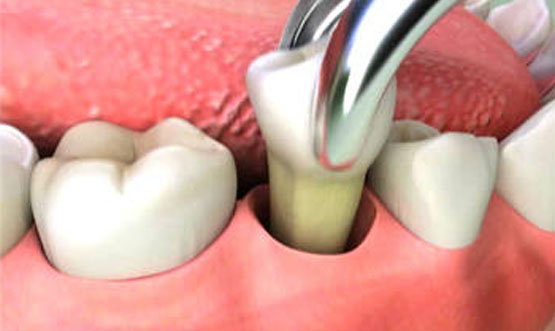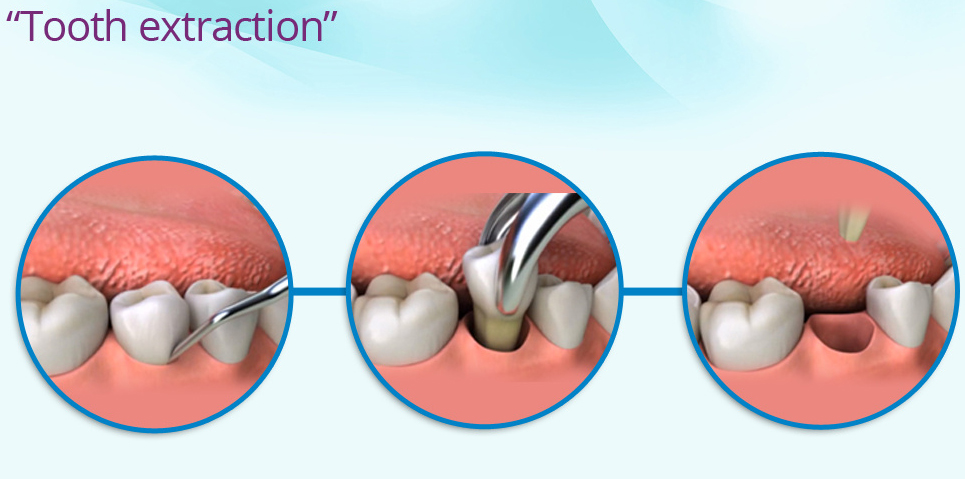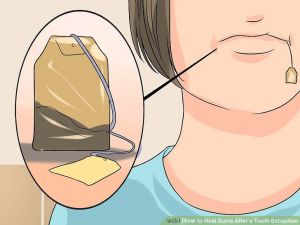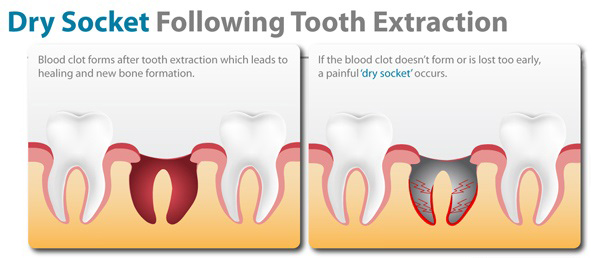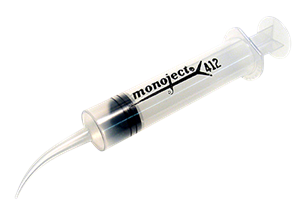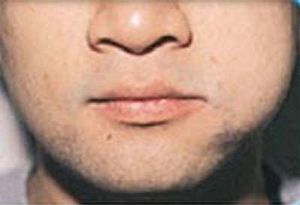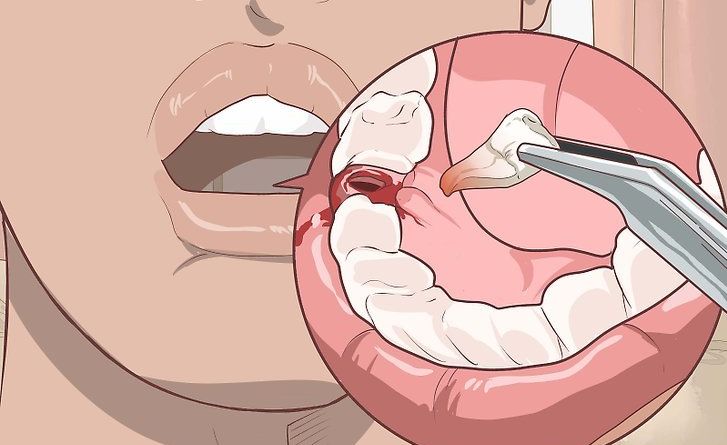
Although St.Lawrence Dentistry makes every effort to save teeth sometimes a tooth removal is needed. When this is the case it is imperative to properly care for the area during the healing period following the extraction.
After the extraction, you will be ‘frozen’ with local anesthesia for about 3-4 hours. It is important in this period to make sure you do not bite your tongue or cheek. Children often bite down on their tongue following extractions because they find the frozen sensation novel. For this reason, children must be monitored by their parents/guardians until the freezing has worn off. In addition during this frozen period, it is important not to eat or drink hot or cold beverages as you will have no sensation of the temperatures.
The dentists at St. Lawrence Dentistry will ensure blood clotting is achieved before you leave our office. Some minor bleeding following the extraction is common and you should bite down on the gauze for about a half hour following the extraction. After a half hour there usually is no further major bleeding, only just a red film of blood around the extraction area. If the bleeding continues it is often helpful to bite down on a tea bag. The tea bag has a greater surface area to bite down on and to apply pressure to the area compared to gauze. In addition, tea bags contain tannic acid which is helpful to control any hemorrhage. Under no circumstance should you completely lay down or sleep with the gauze or tea bag in our mouth. In any significant bleeding occurs beyond an hour of leaving the office please call our office and the dentist will advise you on what needs to be done.
It is imperative that the patient not smoke for 48 hours following an extraction. Smoking significantly increases the chances of a dry socket occurring. A dry socket is when the clot in the extraction socket dissolves and it leaves the bone exposed in the socket. This can be very painful but fortunately is not that common if the patient does not smoke. Dry sockets usually develop 2-4 days after an extraction and the pain can radiate to the ear area. If you feel you are developing a dry socket (alveolar osteitis) please contact St. Lawrence Dentistry and they will treat this condition. Treatments are very effective and fast-acting and involve packing the area with a medicated dressing.
It is important not to vigorously rinse the mouth for the first 24 hours following an extraction. Rinsing during this period can also precipitate a dry socket. However, after 24 hours it is good to rinse with warm saltwater. In addition, the patient should brush the back of their tongue as oftentimes dried blood can be present following the extraction.
Dr. Hawryluk will often prescribe a pain medication following the extraction and they must be used only as directed. Any pain medications should not be combined with alcoholic beverages. You will need to bring your health card number to your dental appointment as this number must be written on your prescription and the same card must be shown to the pharmacist for verification when picking up your pain prescription.
Your diet following an extraction should consist of soft foods which are of lukewarm temperature. Oftentimes food debris particles can get trapped in the extraction sockets of lower molars. When lower molars are removed Dr. Hawryluk may advise you to return a week later to our office to rinse the area out. Patients are sometimes then given a monoject syringe to take home to rinse the area out themselves. The socket heals from the inside out and does so gradually. After about 2 weeks of healing, there is usually no need to rinse the area anymore with the monoject syringe.
Swelling is common after a dental extraction and is usually proportionate to the amount of work involved in removing the tooth. Swelling usually peaks about 48-72 hours after an extraction and then subsides. An ice bag may be applied. However, this is usually only indicated if it is found to relieve discomfort. There is no need to remain indoors or cover the swelling.
The dentists are available during non-business hours for telephone emergency consultation should you be having any important questions or issues following your extraction. If you would like to speak to the dentist during non-business hours about your recent extraction please call our office and select the prompt which will direct you to our after-hours operator. The operator will get a hold of Dr. Hawryuk and pass along your concern.
- St. Lawrence Dentistry Looks Forward To St. Patrick’s Day! - March 12, 2025
- Understanding Dental X-Rays and Radiation: What You Should Know - January 13, 2025
- Happy New Year from St. Lawrence Dentistry! - December 30, 2024



